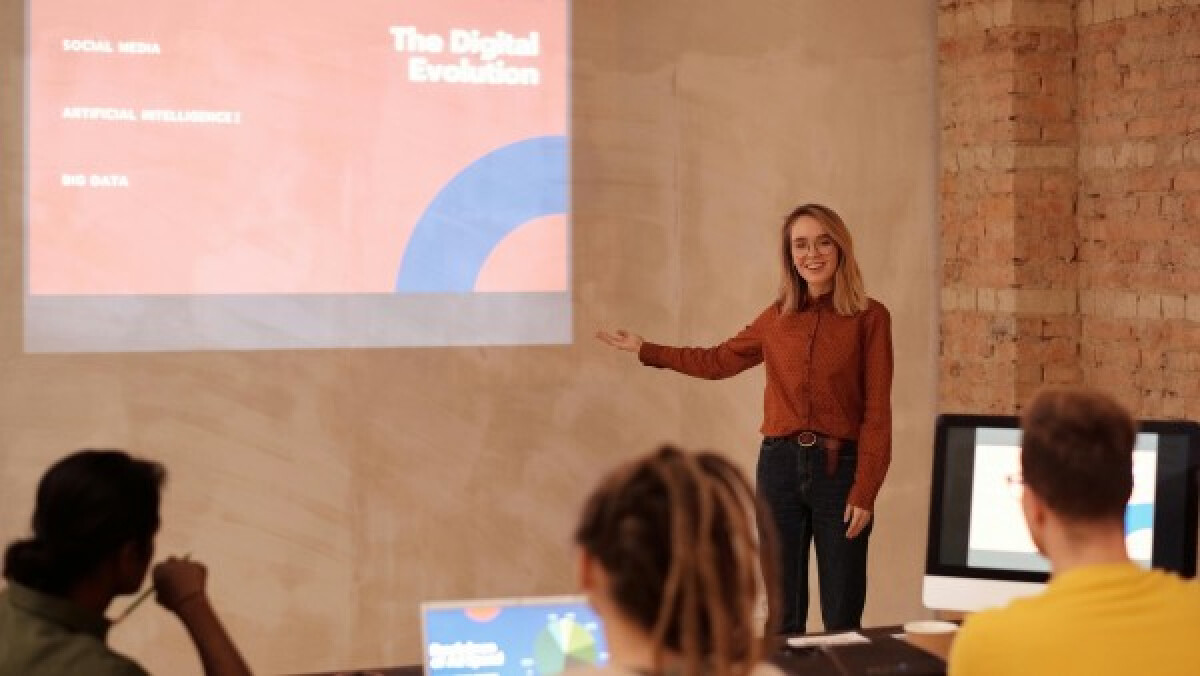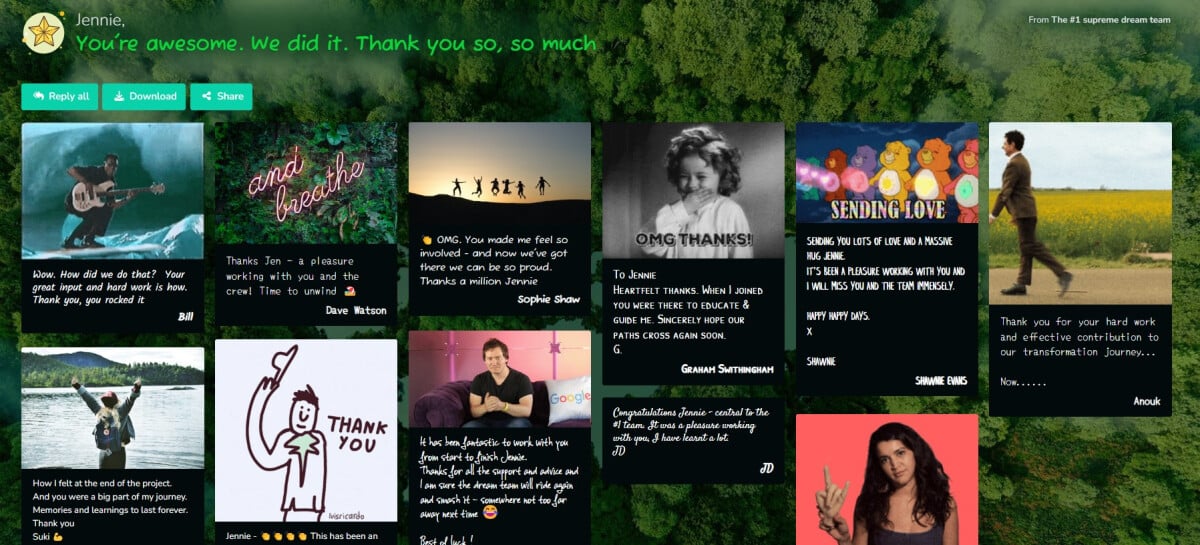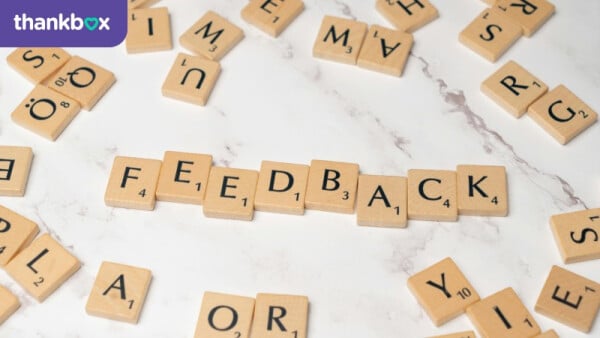Soft Skills vs Hard Skills: What’s the Real Difference?


Have you ever wondered what sets apart those colleagues who easily climb the career ladder from those who just tread water? The answer may surprise you—it’s not just about who brings the best biscuits! Enter the world of soft skills versus hard skills.
In the hustle and bustle of professional and personal development, understanding the nuances between the two can be the difference between surviving and thriving in your career.
With this in mind, join Thankbox as we explore the differences between soft and hard skills. By the time you finish reading, you’ll have a deeper understanding of how mastering both can propel your career to new heights and boost workplace efficiency.
Let’s get started!
Understanding soft skills vs hard skills
Let’s start with the basics. Soft skills and hard skills complement each other perfectly in the workplace, forming a dynamic duo essential for success—think Batman and Robin!
Soft skills are hard-to-measure qualities that make you a delight to work with. This includes communication, empathy, teamwork, and leadership—basically, it’s how we interact with others and adapt to different situations.
On the other hand, hard skills are technical abilities that we can measure. They’re specific, and often tied to a particular job or industry. Examples include coding, graphic design, or data analysis, which are often developed through education and training.
Now, why do they matter? While hard skills are essential for fulfilling specific job requirements and tasks, soft skills are vital in encouraging positive work environments, boosting teamwork, and enhancing workplace communication.
BUSINESS_CTA
What are soft skills?
Now, let’s discuss soft skills in more detail. Soft skills, also known as people skills and workplace skills, involve a range of interpersonal, social, and emotional abilities. They reflect one's motivations and personality and influence how one approaches tasks and communicates with others.

Soft skills like effective communication and empathy can nurture stronger relationships among your team, leading to increased collaboration, morale, and overall productivity.
What’s more, some employers seek out candidates with robust soft skills, as these skills are often more challenging to teach. For instance, in sales, boasting soft skills like building rapport can hold more weight than technical sales knowledge.
Here are some examples of soft skills:
Problem-solving
Creativity
Work ethic
Decision-making
Critical thinking
Adaptability
Empathy
Open-mindedness
What are hard skills?
Unlike their softer counterparts, hard skills, also known as technical skills, are more straightforward to assess as they’re earned through education, training, or hands-on experience.
Hard skills are specific and often necessary for carrying out particular tasks or roles. For instance, if you’re aiming for a role in graphic design, you might have undergone training in Adobe Creative Suite programmes like Photoshop or Illustrator.

Similarly, in the culinary arts, hard skills could include knife skills, food safety regulations, and recipe techniques learned through hands-on experience and culinary school.
Here are some examples of hard skills:
Proficiency in coding languages (Java, Python, C++)
Data analysis using tools such as Microsoft Excel or SQL
Fluency in a foreign language
Website and content development
Knowledge of project management methodologies like Agile or Scrum
Financial analysis and budgeting
Operating machinery
Web development using HTML, CSS, and JavaScript
Key differences between soft skills and hard skills
Now, let’s take a look at the aspects that make soft and hard skills so different.
1. What makes us unique
Soft skills, like empathy and flexibility, are personality-based traits that make each person unique. For instance, no two people can obtain and express the same level of empathy.
On the flip side, hard skills are the more tangible abilities we pick up, like becoming a whiz at coding or mastering data analysis. We usually get these through classes or training programmes.
2. How we learn
Soft skills emerge organically over time, developed through life experiences, interactions, and personal growth. They grow and evolve as we navigate various social situations, learn from our successes and failures, and adapt to new challenges.

In contrast, hard skills are picked up via formal education or targeted training – whether through traditional classroom settings or specialised programs.
3. Putting skills into action
Soft skills play a huge role in fostering effective communication, collaboration, and leadership within your team. These interpersonal abilities enable you to build strong relationships, resolve conflicts, and inspire others to work towards common goals.
While soft skills are the glue that holds teams together, hard skills are perfect for completing specific tasks. These range from technical competencies like coding and data analysis to specialised knowledge in fields such as engineering or medicine.
Without hard skills, performing job duties effectively or meeting the demands of modern workplaces is challenging.
If you want to take your soft skills to the next level, Thankbox is perfect for boosting soft skills like appreciation and recognition in your team. Our variety of online group greeting cards lets everyone show gratitude in a fun and personalised way.

With options for unique messages, funny GIFs, and memorable photos, Thankbox supercharges team bonds. Plus, we also offer digital gift cards and flower delivery for that extra special touch!
4. Why it matters
Currently, more and more people are realising how important it is to have both soft and hard skills. Sure, hard skills show you can handle all things technical, but soft skills are what make teamwork, communication, and leadership really click.

Employers are starting to see that having a mix of both types of skills is central to making things run smoothly. Whether it’s tackling big projects, coming up with new ideas, or just keeping everyone happy at work, having a good balance sets successful teams apart.
Wrapping up
To sum it up, soft skills and hard skills are essential pieces of the workplace puzzle. While hard skills show off your technical know-how, soft skills like communication and teamwork are what really keep you and your team humming along.
So, if you’re looking to advance your career, embrace opportunities to grow in both areas.
Ready to boost your soft skills? Why not give Thankbox a whirl? With Thankbox, you can jazz up your team's appreciation game and encourage a culture of collaboration in a fresh and unique way.
Why wait? Create a Thankbox today and see what it does to your team's dynamics and overall success!
Images: Cover | Friends laughing together | Woman doing a presentation | Man holding a notebook in the office | Coworkers looking at a laptop screen





